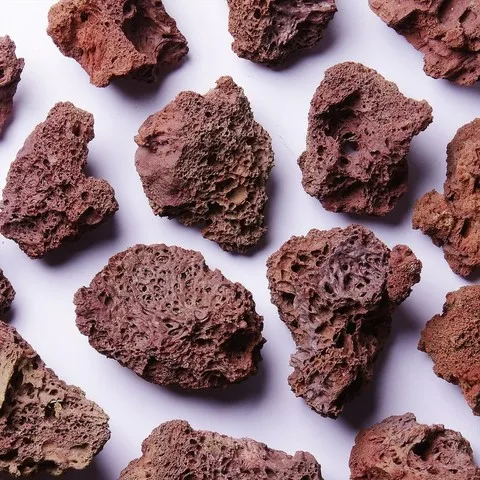What is a scoria in geology ?
Scoria : definition
Artificial scoria are melting and roasting residues, of silicate composition, produced in industrial furnaces, foundries and in general, in any metallurgical center. "Slag" are residues of the same origin but of metallic composition or with a high metal content.
In the old mining operations, the slag was stored with the poor ore. The action of sea spray on the scoria of the Laurion (Ancient Greece), deposited by the sea, allowed the neo-formation of famous mineralogical rarities, such as penfieldite (Pb2Cl3(OH)).

